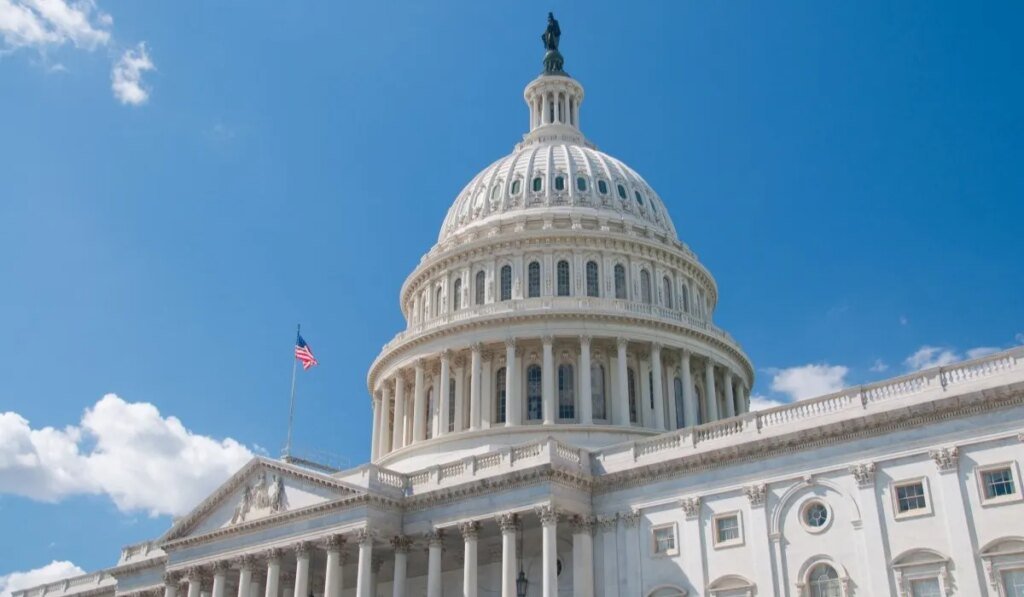President Donald Trump’s “Big Beautiful Bill” is on its way back to the House for reconciliation after passing the Senate with a tiebreaking vote from Vice President JD Vance.
The 1,116-page multitrillion-dollar bill contains some significant changes for older Americans. One key change is a senior bonus tax deduction that would help offset taxes on Social Security. However, the bill also includes cuts to several important social programs that could impact lower-income seniors.
The bill, which was passed by the Senate on Tuesday, must now be approved again by the House before President Trump can sign it into law. The President has set a deadline of July 4 for this to happen. Here is a breakdown of the potential benefits and drawbacks of the bill for seniors.
Benefits to seniors:
The Senate version of the bill would give seniors an additional deduction of up to $6,000 per eligible taxpayer, up from $4,000 in the House version. This temporary bonus deduction would be in addition to other deductions seniors claim on federal taxes of Social Security.
Seniors would be eligible for this deduction if their modified adjusted gross income is up to $75,000 for singles or $150,000 for married couples filing jointly. The deduction would phase out at a 6% rate for seniors making more than these amounts in the Senate bill and at a 4% rate in the House bill.
In a letter to Senate leaders, AARP executive vice president Nancy LeaMond expressed support for the increase in deductions, stating that it provides tax relief at a time when many older Americans are facing rising costs on fixed incomes. AARP also highlighted that income thresholds for owing federal taxes on various benefits have not changed in 40 years.
The bill also includes benefits for caregivers by expanding the employer tax credit for paid family leave and medical leave. This expansion would offer important support to employers whose workers have caregiving responsibilities.
In terms of housing, the Senate bill would increase investment in affordable housing through the Low-Income Housing Tax Credit. This incentive aims to develop and rehabilitate housing for those on a fixed income, potentially spurring building in rural areas and American Indian communities.
What seniors would lose:
The bill also includes cuts that could negatively impact seniors, particularly in terms of rollbacks to Medicaid. These cuts could result in 11.8 million fewer Americans being enrolled in health insurance by 2034, according to estimates from the Congressional Budget Office (CBO).
Rural seniors are especially at risk from the proposed Medicaid cuts, as Medicaid covers more than 16 million people in rural communities. These cuts could also disproportionately affect the rural hospitals that many seniors depend on, according to the American Hospital Association.
The bill’s Medicaid work requirements could affect 9 million Americans ages 50 to 64, not because they aren’t working, but because of the compliance costs involved, according to analysis by the AARP Public Policy Institute (PPI).
Additionally, the bill would significantly add to the national debt, with the Committee for a Responsible Federal Budget estimating it will add $3.9 trillion to the debt over a decade. This increase in debt could lead to higher interest rates for consumers of all ages.

